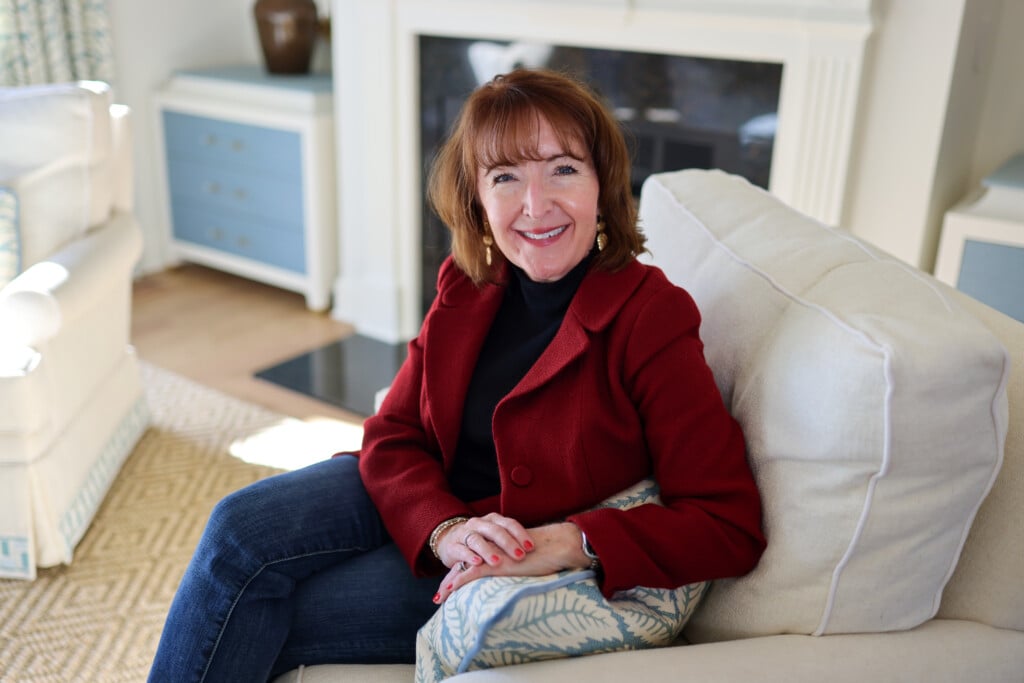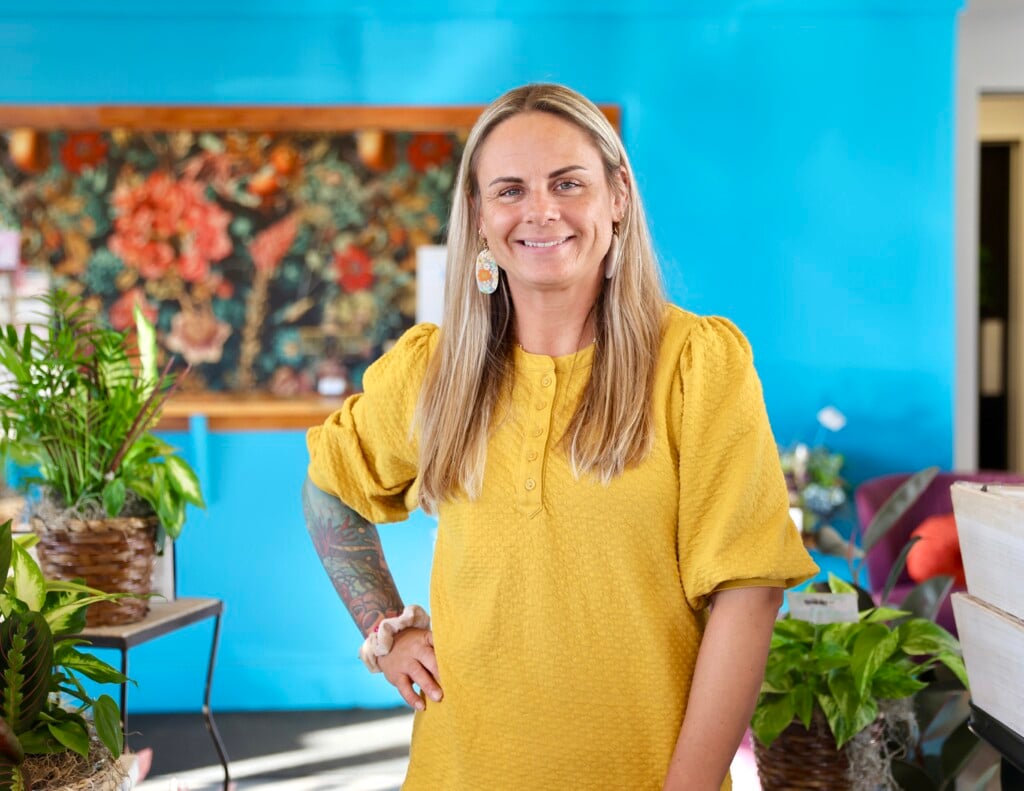Google Me This
Letter from the editor
Most of the time, we’re all steps or clicks away from an answer. Between Google, YouTube, Alexa – and now add Meta AI to the mix – nearly any question can be asked digitally if you figure out the right words to type into the search bar.
For example, a conversation this morning in the car:
“What was the name of that movie with Julia Roberts where all the deer came out of the woods?”
“Is it deer or deers?”
“Are there any other animal names that don’t add an ‘s’ to be plural?”
Leave the World Behind. Deer. Moose – are the answers, according to a 10-second internet search. (All the deer talk because a herd of them randomly appeared on the neighborhood street. Is it herd of deer? Pack? Den? It’s herd, didn’t have to Google that one, it just took a sec.)
And yet with all this readily available information now to find almost anything you want to know, there’s still no substitution for being able to tap into the wisdom and experiences of those around you.
That’s the basis for mentorship as well.
Sure, you can search online for tips on negotiating salaries, making career goals, and finding a better balance – all topics covered ad infinitum online and in video shorts. But there’s something about hearing it from a person who knows you and you can talk with one-on-one for advice.
Everyone knows they should have a mentor, says Kim Nelson, WILMA’s mentoring adviser and UNCW Cameron Executive Network’s co-director.
Speaking at this year’s orientation for WILMA’s Leadership Institute class, Nelson pointed to research that shows people with mentors, particularly women, perform better overall in their careers and have higher earning potential.
And yet, she says, according to one survey taken, only 1 in 5 women reported ever having a mentor.
“One thing a good mentoring relationship will do is it will make you step outside your comfort zone,” Nelson says, adding that mentors also can help figure out what are the roadblocks or fears preventing you from achieving your goals.
And goals can be anything, from starting a new company to changing how something’s always been done.
“The goal … would be outlining practical next steps.”
“My goal would be to better stand up for what I believe I deserve.”
“I would hope my mentor could help me with business development so that I can take my budding new business to the next level.”
Those were goals for some of the Institute members at their orientation, areas they plan to ask advice about from their peers and mentors in the months ahead – IRL.
Vicky Janowski, WILMA editor
Want more WILMA? Click here to sign up for our WILMA newsletters and announcements.




